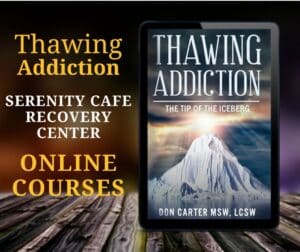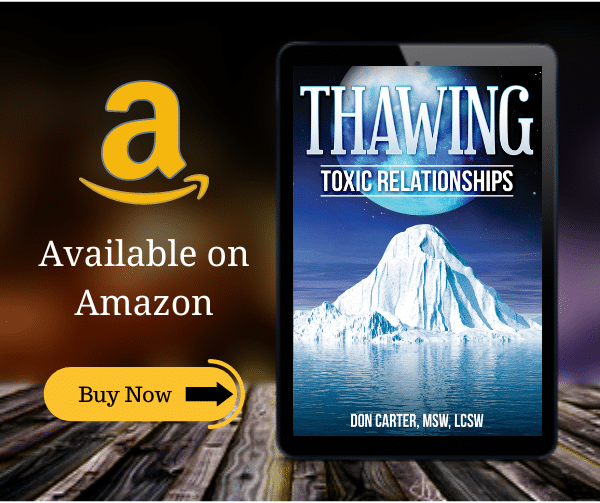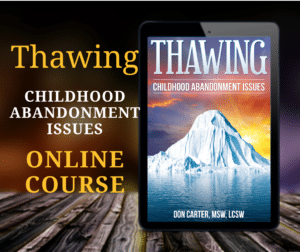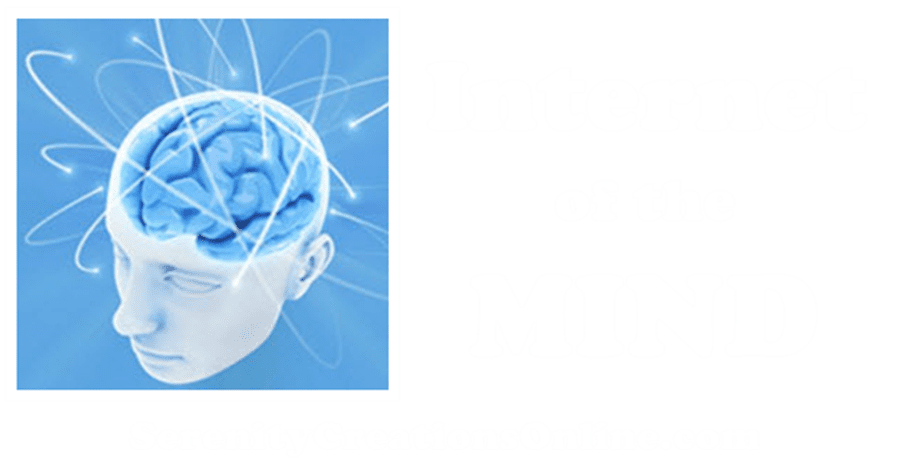
Alcohol and Anger Don’t Mix!
“Alcohol and anger don’t mix!” It has been said that anger is a ‘smokescreen’ emotion. In other words, it is the feeling that is expressed outwardly but it usually masks other hidden or underlying emotions. This is true even when alcohol is not involved. But add the liquid ingredient to anger can be like setting off a powder keg.
Alcohol and Anger Do Not Mix!
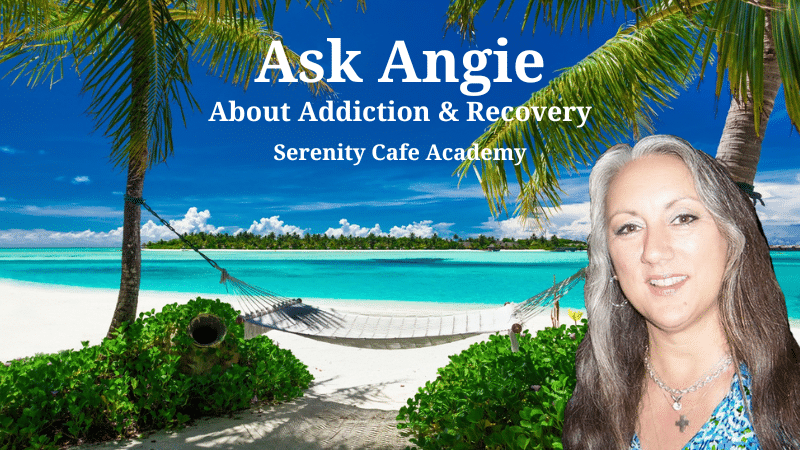
As a recovering alcoholic and a professional in the field of substance abuse, I can share some insight on this particular subject. In my drinking days, I could have been categorized as “an angry drunk”. Not something I am particularly proud of, but it is factual. In my profession, I have worked with many alcohol and substance abusers who have anger issues. They often want to understand why they have an anger problem, how to heal up from the cause of it or at least learn how to handle it appropriately. My mother once said to me, “Angie, you are going to have to find out why you are so angry, especially when you drink.” Well, I got sober and I did find out why I was so angry.
It has been said that anger is a ‘smokescreen’ emotion. In other words, it is the feeling that is expressed outwardly but it usually masks other hidden or underlying emotions. Sharing feelings such as fear, hurt, betrayal, abandonment, rejection, low self-esteem, or grief and sadness can make one anxious as to how they might be perceived by others. We are afraid of looking weak, afraid, unlovable, incompetent, or acting childish. Anger provides a false sense of power, thereby diminishing the exposure of our vulnerable side. Sometimes anger is expressed because there is fear of a perceived threat. We may feel that something or someone will be taken away from us, that something is going to happen to us, or that we may have to do something we do not want to do.

When alcohol is added to these situations it can exacerbate the problem because the emotion of anger comes out drug-affected. Feelings can be magnified (or minimized) depending on the circumstance. Distorted perceptions and skewed feelings can create scenarios that are not realistic. Couple that with the drinker’s ability to manipulate and spin the facts and you have a formula for chaos and conflict. Family members and loved ones who have dealt with the anger from a problem drinker can attest to that.
Something that helped me understand my anger was learning about the adolescent stage of development. During these years young people learn how to develop emotional coping skills for life situations. The ideal set up would be to cultivate traits such as acceptance, tolerance, patience, responsibility, dependability, and how to delay instant gratification. It is a time in which one can explore and learn how to handle feelings such as sadness, aloneness, boredom, fears, excitement, joy, disappointments, anger, envy, and temptations.
When a young person interjects alcohol and drugs into a situation that calls for the ongoing development of a coping skill, it stops the process. The opportunity for growth is cut off or thwarted because the situation to be fully experienced is denied. Short story…when I didn’t like how I felt I changed it and the fastest way I learned how to do that was to drink and drug.
As I got older I had no real coping skills to handle the adult world so I would bully my way around, intimidate others, and spew my opinions (which I considered to be truths) on anyone who would care to listen. The ultimate goal was to not let people get too close, hide the vulnerable side, minimize the hurt people can cause and portray myself as a strong individual. I was very skilled at using the mask of anger to hide fears and emotional pain. In addition to that, when I didn’t get my way I became frustrated and sought out alcohol to provide me with relief.
Fast forward to when I am in my 30’s, hitting my bottom and heading into a treatment center. My methods of getting along in the world were collapsing. The alcohol stopped numbing the pain and people were getting sick and tired of my anger. My ability to continue on at that rate was rapidly failing. I had a decision to make. Either I was going to get sober and deal with these things or I was not. I chose to get into addiction recovery.
Many times anger stems from unmet childhood needs. I don’t mean needs like food, clothing or shelter, but the psychological dependency needs of time, attention, direction and affection. These needs should come from the primary caregiver (Mom and Dad) and in equal amounts. When these needs go unmet, the child suffers. These childhood traumas carry over into adulthood and cause a multitude of problems.
Getting sober is not easy, sometimes it can be a painful process, but not without rewards. Today I have developed a set of coping skills that allow me to have my feelings and to express them appropriately. I have an ongoing ‘map’ for how to deal with life. It is called recovery. I don’t have to drink over my feelings. Most times I can respond maturely to situations that used to make me blow up. These days I can delay instant gratification… except when it comes to chocolate, but that’s another issue.
About the Author
Angie Carter, CRADC, SAP is a certified reciprocal alcohol and drug counselor and DOT certified Substance Abuse Professional. She is in private practice at Carter Counseling and Consulting Services. Angie is also available for telephone coaching and/or consultation. Click here to contact Angie with appointment requests, questions, or feedback.
